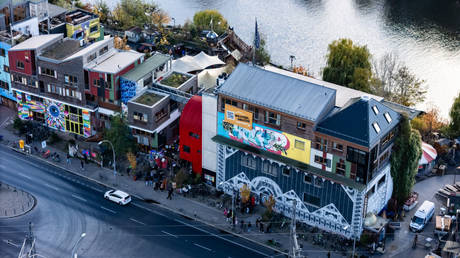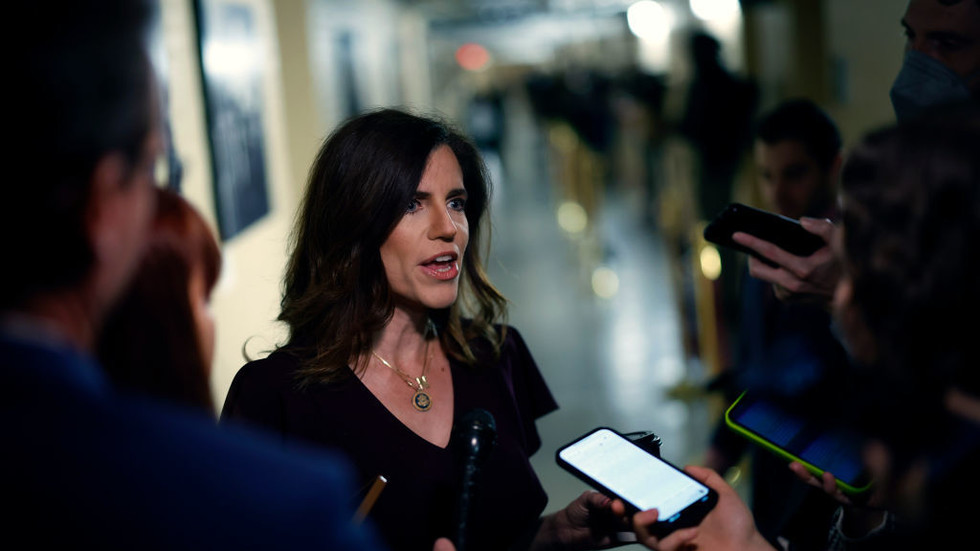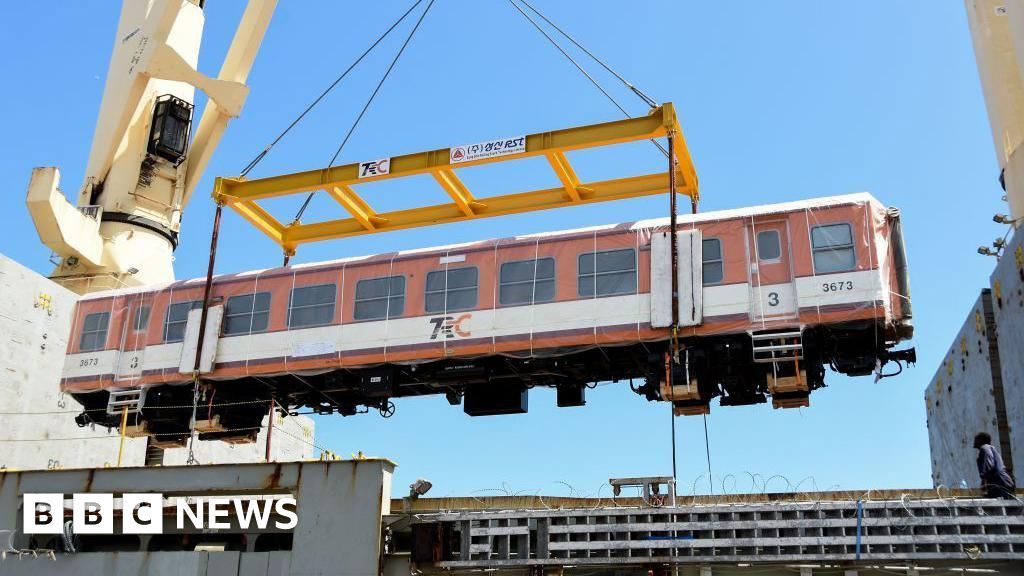Hezbollah has elected its deputy head Sheikh Naim Kassem as leader, weeks after his predecessor Hassan Nasrallah was killed in an Israeli strike.
The development in Lebanon comes as more than 90 people were killed in an attack on a residential building housing displaced Palestinians in northern Gaza, according to the territory's health ministry.
Medics have said at least 20 children were among the dead after the Israeli strike on the town of Beit Lahiya.
Follow latest: Middle East live updates
Kassem, 71, is taking over the Lebanese militant group Hezbollah after many of its senior officials and military commanders were killed in Israeli strikes in recent weeks following Hezbollah rockets being fired into Israel.
Nasrallah, a charismatic leader and fiery orator who had headed the group since 1992, was killed in a strike on a southern suburb of Beirut on 27 September.
Senior Hezbollah official Hashem Safieddine had been considered the most likely successor to Nasrallah before he too was killed in an Israeli strike earlier this month.
Please use Chrome browser for a more accessible video player
Sky News' Middle East correspondent Alistair Bunkall said Kassem was "pretty much the only very senior figure within Hezbollah who has not been killed by the Israelis over the last month or so".
He added: "I think [Kassem] is in Iran at the moment, having escaped Lebanon to go into exile in Iran. And he will lead the group from there.
"But the group will be severely diminished in terms of its leadership because of Israeli actions and the Israeli invasion of southern Lebanon."

Kassem, considered by many to lack the gravitas of Nasrallah, was appointed Hezbollah's deputy chief in 1991.
He has long been one of the group's leading spokesmen - conducting interviews with foreign media even as cross-border hostilities with Israel raged over the last year.
Since Nasrallah's killing, he has given three televised addresses, including one on 8 October in which he said the armed group supported efforts to reach a ceasefire for Lebanon.
The Israeli government's official Arabic account on X posted: "His tenure in this position may be the shortest in the history of this terrorist organisation if he follows in the footsteps of his predecessors Hassan Nasrallah and Hashem
Safieddine."
"There is no solution in Lebanon except to dismantle this organisation as a military force," it wrote.
Read more:
Israel bans UN aid agency from country
Gaza hospital patients 'dazed' after Israeli raid
How Israel's attack on Iran unfolded

Israeli attacks on Gaza
At least 93 Palestinians were killed after the Israeli strike on a five-storey building where displaced Palestinians were sheltering in Beit Lahiya on Tuesday, the Gaza health ministry has said.
The dead includes a mother and her five children, some of them adults, and a second mother with her six children, according to an initial casualty list provided by the ministry's emergency service.
Some people are missing and dozens were injured in the strike near the Israeli border, the ministry said.
"A number of victims are still under the rubble and on the roads, and ambulance and civil defence crews cannot reach them," the territory's health ministry said in a statement.
There was no immediate comment from Israel.
The Israeli military, which says it carries out precise strikes targeting Palestinian militants, has repeatedly struck shelters for displaced people in Gaza in recent months.
The strikes have often killed women and children.

The war in Gaza began when Hamas-led militants stormed into Israel on 7 October 2023, killing some 1,200 people, mostly civilians, and abducting around 250.
Some 100 hostages are still inside Gaza, a third of whom are believed to be dead.
Israel's retaliatory offensive has killed more than 43,000 Palestinians, according to Hamas-run health authorities.
About 90% of the population of 2.3 million have been displaced from their homes, often multiple times.

 3 weeks ago
5
3 weeks ago
5











 English (US) ·
English (US) ·